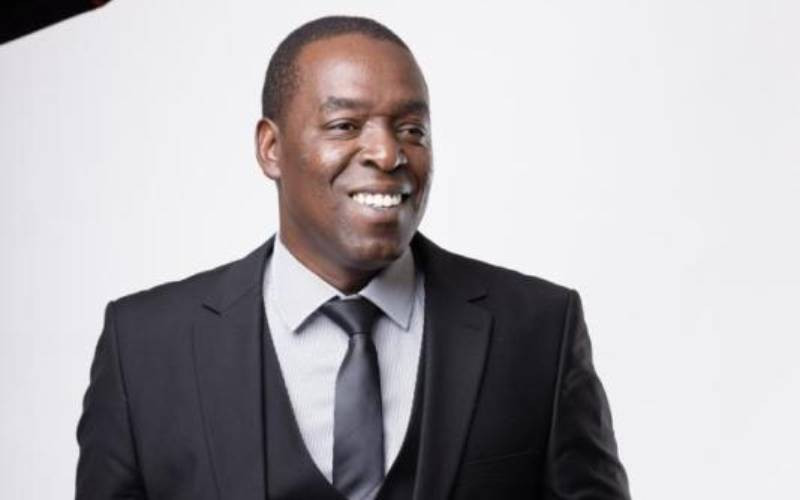×
The Standard e-Paper
Smart Minds Choose Us

When the first mention of Kenyatta National Hospital, the country's referral hospital, is dropped, mixed emotions abound.
This enduring edifice in Nairobi's Upperhill area, is testament to both blood and tears of a nation, pride and shame alike, medical conquests and scandals as well. Indeed, its history just like Kenya's history -- it's the stuff of contrasts.